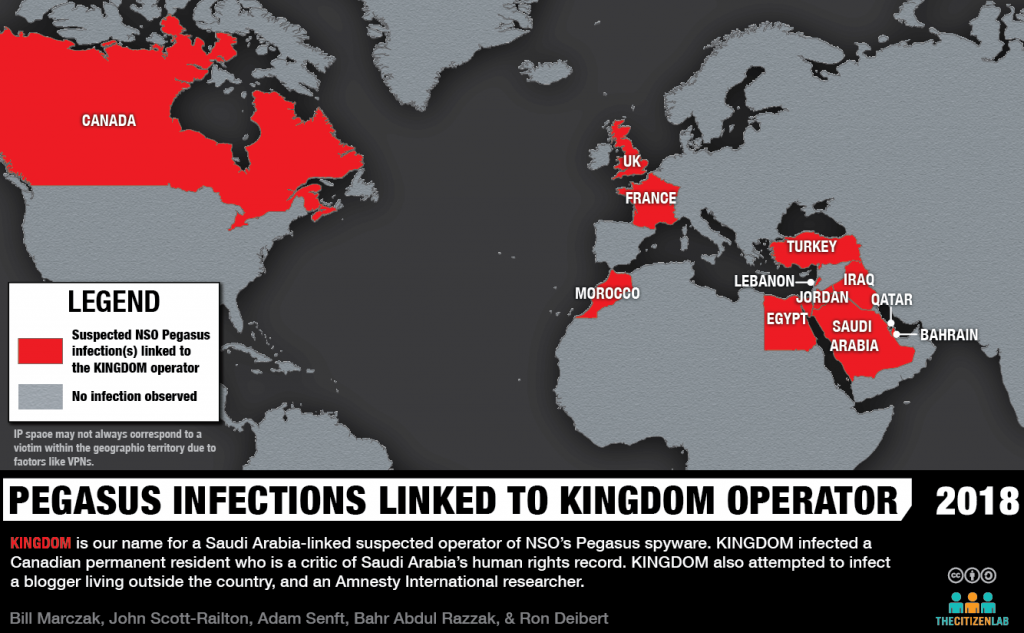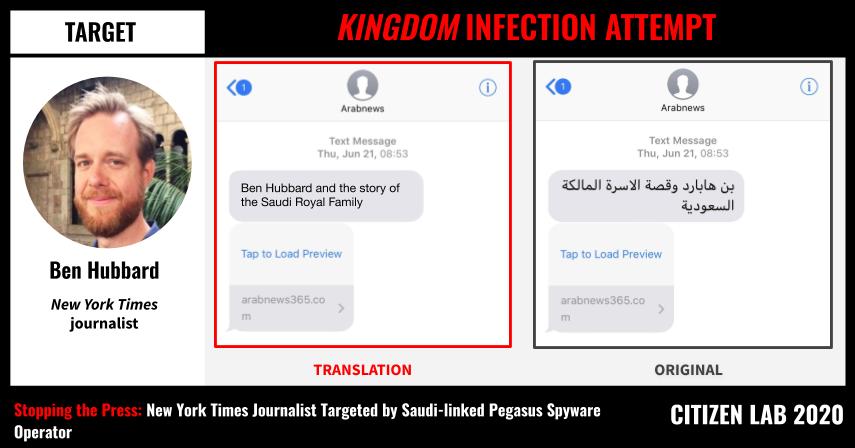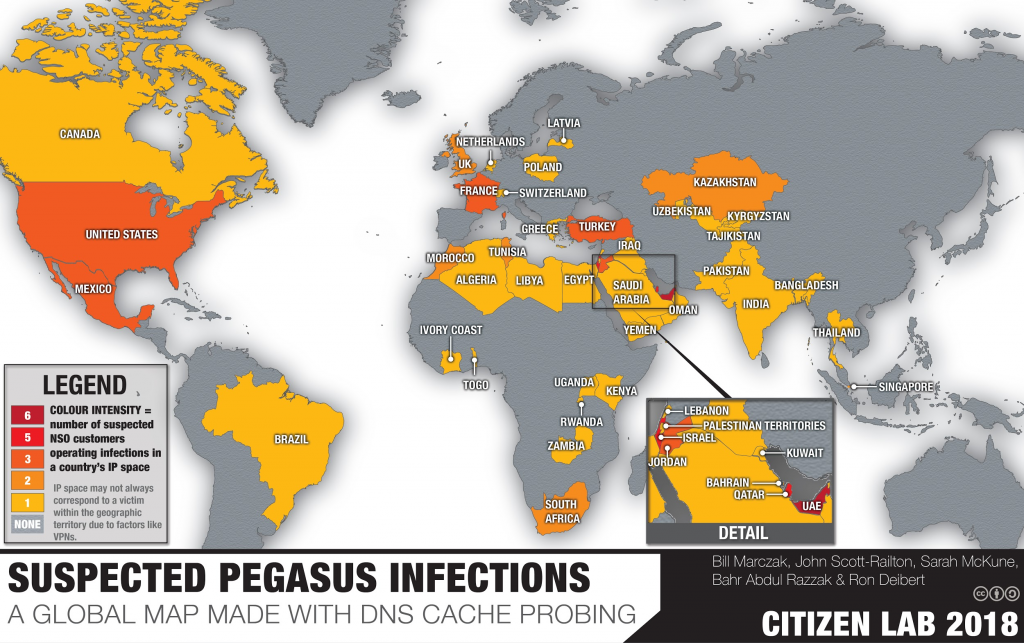-->
Trump’s most
baleful legacy? The end of trust in democracy and the rule of law
America’s founding
principles are being eroded by a culture of partisanship and sycophancy – and
the effect will be global
The charges against Donald Trump in his
impeachment trial boil down to this: he tried to cheat his way to a second
term, got caught, and attempted a cover-up. The difficulty is that Trump,
notwithstanding heaps of damning factual evidence of deliberate wrongdoing, is
99% certain to get off.
Yet the trial in the Senate cannot be dismissed simply because
the result is known in advance. Its perverse outcome, if confirmed, may
seriously undermine respect for American democracy and the constitutionally
based rule of law. That’s bad news for the world at large.
Take the legal aspects first. American observers
of Britain’s Brexit travails had great fun ridiculing the archaic rules and
conventions that for months tied parliament up in knots. Yet the US situation
is arguably worse.
Advertisement
The impeachment process, contingent on proof
of “high crimes and misdemeanors”, is a game played under 18th-century English
rules, though not English spelling, that even American legal scholars struggle
to explain. Trump is charged, firstly, with abuse of power. The framers of the
constitution “were particularly concerned that a sitting president would abuse
his office to get re-elected,” said Noah Feldman, a Harvard law
professor, in a recent analysis.
According to the “English tradition” followed
by the likes of James Madison and Alexander Hamilton, Feldman said, impeachable
offences occurred “when a high office-holder took gifts of value to do his
job”.
In Trump’s case, the alleged gift of value was
Ukraine’s looked-for agreement to investigate his Democratic rival, Joe Biden,
and his son, for evidence of corruption.
Yet the president’s lawyers reject the basic
premise. They say Trump was fulfilling his duty to root out corruption in
Ukraine, a recipient of US aid. There was no “quid pro quo”. What Trump did,
they argue, cannot be defined as a high crime or misdemeanour – whatever they
may be.
Republican sycophancy means the Senate often
more closely resembles Russia’s rubber-stamp Duma or Iran’s Majlis
Trump’s defence goes much further. By
denouncing the entire process as a hoax and refusing to cooperate – which gave
rise to a second charge of obstruction – he has, de facto, denied Congress’s
right to impeach him at all. The very idea an accused person could take such a
stand was never envisaged by delegates to the 1787 constitutional convention in
Philadelphia and is wholly unprecedented.
“A president who cannot be criminally
investigated [due to the immunity traditionally afforded an incumbent] and also
cannot be investigated by Congress would be effectively above the law … Denying
Congress’s power to conduct an impeachment inquiry subverts the foundation of
democratic government,” Feldman wrote.
This reliance on time-worn, disputed English
legal precedents has exposed a dangerous US constitutional weakness, as Adam
Schiff, the House of Representatives’ “lead prosecutor”, recognised last week.
“I don’t think the impeachment power is a relic. If it is a relic, I wonder how
much longer our republic can succeed,” he said.
“The president has shown he believes he’s
above the law and scornful of constraint … If we don’t stand up to this peril
today, we will write the history of our decline with our own hand… Our future is not assured.”
Political aspects of the trial are no less
threatening for US democracy. The Senate was conceived as a body of
independent, high-minded individuals acting in the national interest. Today it
is anything but, dominated by a rabidly partisan Republican majority determined
to acquit Trump no matter what.
Quite why Chief Justice John Roberts, who
presides at the trial, calls the Senate the “world’s greatest deliberative
body” is puzzling. Republican sycophancy, fed by fear of Trump, means it often
more closely resembles Russia’s rubber-stamp Duma or Iran’s Majlis.
Roberts’s supreme court provides more evidence
of a fundamental breakdown in the fabled US constitutional system of checks and
balances. Trump has successfully nominated two conservative justices to the
court – Neil Gorsuch and Brett Kavanaugh – and more may follow. He is also shamelessly packing the federal
bench. Public trust in the independence and open-mindedness of the judiciary is
plainly at risk.
It’s entirely possible the electoral college,
another 18th-century remnant, will deliver the presidency to Trump in November,
contradicting the popular vote (as happened in 2016 and 2000) and, for many,
rendering the election meaningless.
The chronic failure to curb a system of money
politics that favours incumbents further exacerbates democracy’s credibility
problem. So, too, does the politicisation of offices of state such as
attorney-general – where the present incumbent, William Barr, acts more like
Trump’s consigliere than chief government law officer.
Factor in digital meddling by foreign powers,
notably Russia, and Trump’s “fake news” culture of lies and manipulation, and a
sobering picture takes shape of a democratic system on its knees and close to
possible collapse.
For a watching world where democracy is widely
under attack from autocrats and populists and where the US claims to set an
example, this is a chilling spectacle.
Of all the many wrong things Trump has done,
his most terrible legacy may be the destruction of trust in the workings of
democracy, the US constitution, and the rule of law. His weird, slightly unreal
trial in absentia symbolises that dread prospect.
E pluribus unum – out of many, one. And
that one a tyrant, just as the founding fathers feared.
Link originale: https://www.theguardian.com/commentisfree/2020/jan/25/trump-legacy-end-of-trust-in-democracy-simon-tisdall





